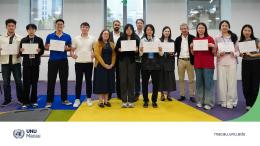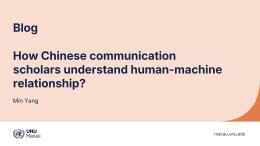SPEAKERS

Beijing Normal University Visiting Research Fellow – Project Lead/Associate Professor, The United Nations University Institute/Beijing Normal University, China
| 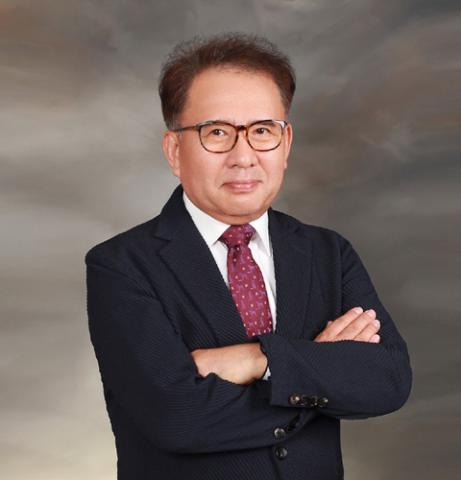
Professor, Kyung Hee University | 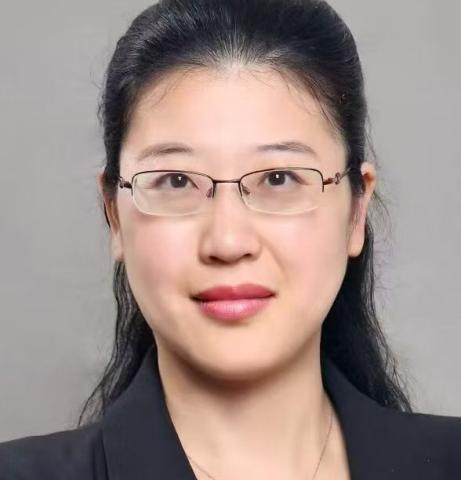
Deputy Director, Science and Technology Ethics Research Center of China Academy of Information and Communications Technology
| 
PhD Researcher, Sheffield Hallam University
|
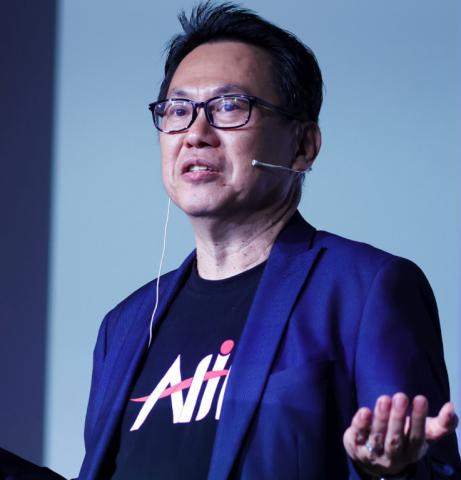
Founder & Managing Director, Artificial Intelligence International Institute (AIII), Singapore
| 
Head of Research, UNU Macau |
DESCRIPTION
Enterprises, United Nations agencies, regional organisations, the Organisation for Economic Co-operation and Development (OECD), and national governments are placing greater emphasis on developing mechanisms for interoperability and mutual recognition in AI governance. Technical incompatibilities currently obstruct cross-border data sharing and hinder effective international cooperation. Moreover, the absence of a shared understanding of AI’s societal roles and impacts leads to ethical inconsistencies. Divergent regulatory approaches to AI safety governance across countries further underscore the need for coordinated consultation and collaboration to prevent the fragmentation of ethical, technical, and legal standards.
In 2024, all nation-states committed to implementing the Global Digital Compact (GDC) at national, regional, and global levels. The GDC repeatedly underscores the importance of interoperability in AI governance.
This project advances those commitments by conducting a comparative analysis of ethical, legal, and technical frameworks for AI safety governance across China, South Korea, ASEAN (with a focus on Singapore), and the United Kingdom.
The analysis focuses on three critical domains: education, cross-border data flows, and autonomous driving. The project systematically examines existing national and regional AI safety frameworks, standards, and best practices, identifying areas of convergence, divergence, complementarity, and potential alignment. Based on these findings, it formulates policy recommendations to support the development of interoperability mechanisms among the four jurisdictions, in alignment with the GDC and relevant United Nations resolutions on AI safety governance.
This session is part of the UNU Macau AI Conference 2025, which brings together thought leaders, innovators, and stakeholders under the theme AI for Humanity: Building an Equitable Digital Future. To view the full program, please visit the program page. To join the Conference, please visit the registration page.
Celebrating #UN80 and #UNUat50 | Oct. 23-25, 2025 | Macau SAR, China
UNU Macau AI Conference 2025 | AI Education Day | AI for SDGs: Global Youth AI Future Innovation Competition

